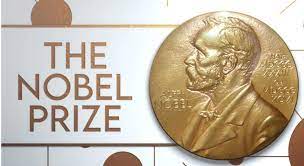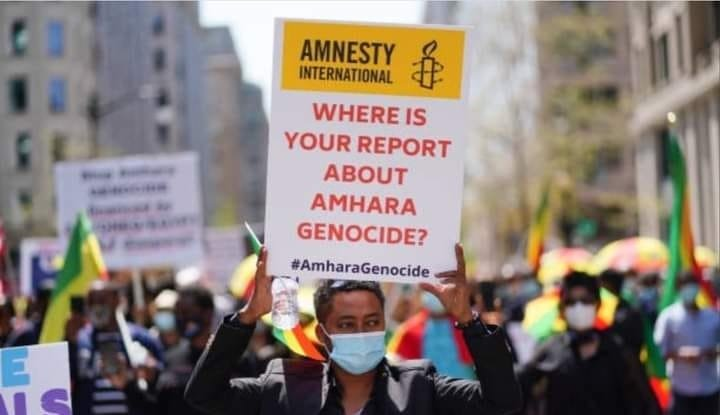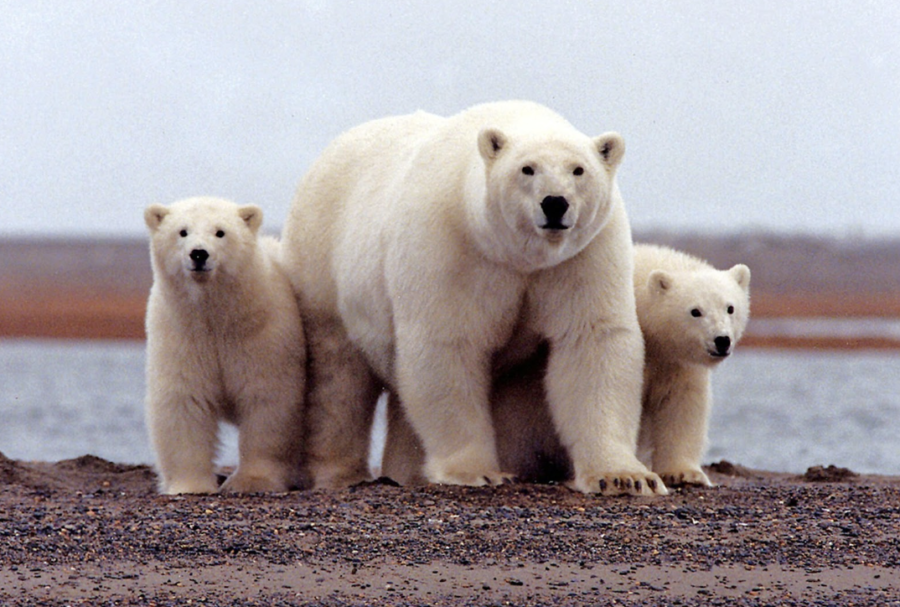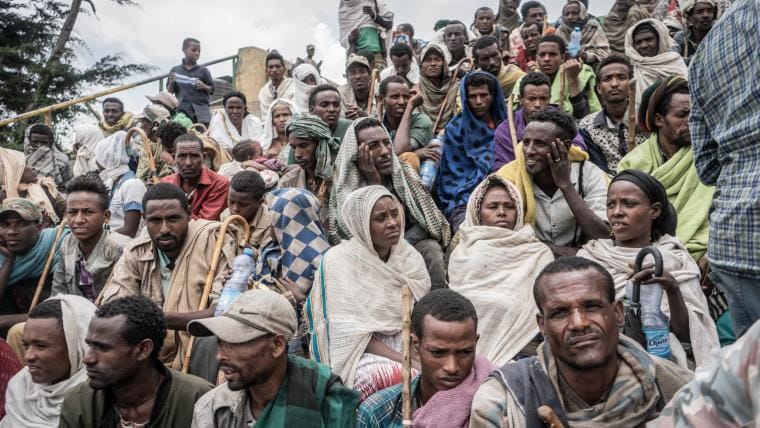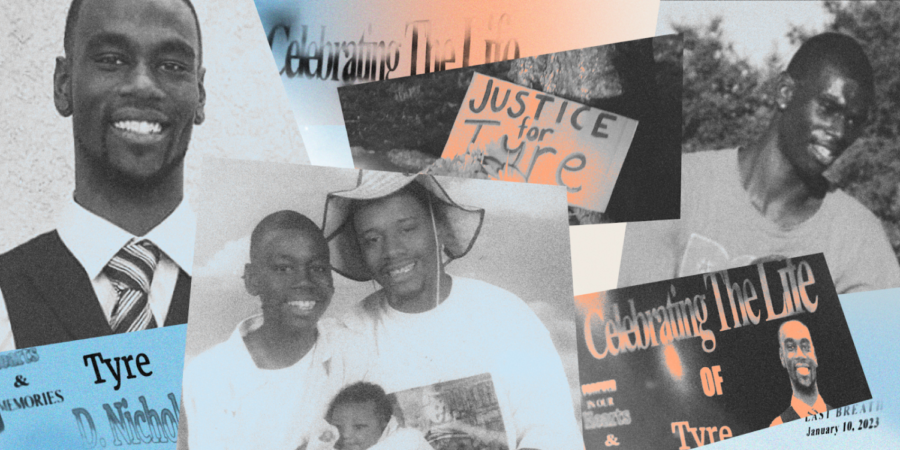You’ve most likely heard of people such as Nelson Mandela, Malala Yousafzai, Barack Obama, and Jimmy Carter. But have you ever heard of Kailash Satyarthi or Nadia Muradi? Or Leymah Gbowee, perhaps? I would wager that unless you’re an avid follower of international news and keep up to date with awards of the past, you may not have.
All of those mentioned above happen to be activists and leaders, who are “advancing social justice, human rights, and democracy”. They are all recipients of the coveted Nobel Peace Prize, implemented by Alfred Nobel, ironically, the creator of dynamite. Nonetheless, this prize has made a name for itself over the 122 years since its inception in 1901, adding itself to lists of achievements for already-famous humanitarians.
The most recent Nobel Peace Prizes were awarded just last week, which of course, has stirred up discussion about the prizes once more. This award truly provides name recognition and publicity for its winners. While this may seem controversial, it often does not make someone a household name globally. Their actions may be slightly more recognized, but unfortunately, the weight of the prize and the publicity around it does not spread as much as it may have in past years.
Let’s take a look at some notable names from past winners emanating from the United States. Barack Obama and Jimmy Carter, both former Presidents of the United States, had incredible impacts on United States history. So did recipients Theodore Roosevelt and Woodrow Wilson. Henry Kissinger, another well-known name in United States politics, is also a member of this category. Nelson Mandela was a political leader and civil rights activist from South Africa, often credited with ending apartheid. Similarly, Martin Luther King Jr. was also awarded the prize for his civil rights activism in the U.S.. Mother Teresa and Tenzin Gyatso (the 14th Dalai Lama) were both awarded prizes for their efforts of peace through power in religion. The most recent notable-name Nobel laureate has been Malala Yousafzai, a martyr for women’s education against the Taliban.
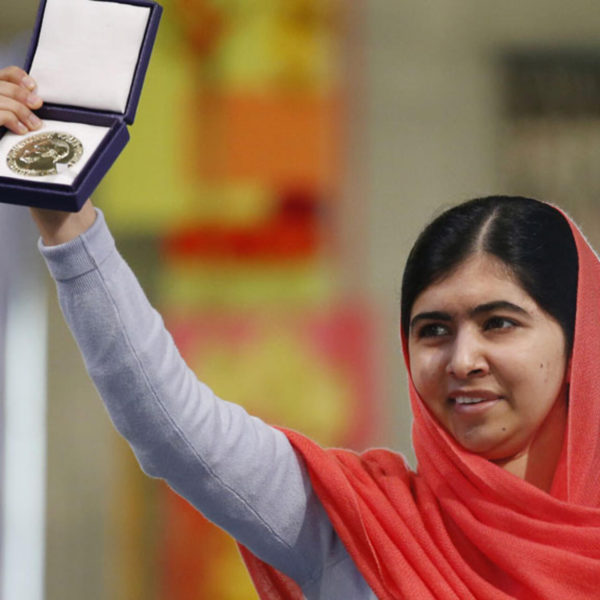
Among the rest of the laureates, there are also various organizations that have been recipients many of which are well-known as well. The United Nations and many sub-factions, such as the UNHCR (High Commissioner for Refugees), WFP (World Food Programme), UN Peacekeepers, ILO (International Labor Organization), and UNICEF (Children’s Fund). All of these organizations are very well-known and rather well-funded due to their association with the United Nations itself. Does the funding and publicity from the Nobel Prize truly help them or would it be better if smaller organizations or individuals received the award? Sometimes it is mostly about the recognition more so than the monetary award.
Many other non-United Nations organizations have also been recipients, but many of them are also already successful, not necessarily needing that platform. The Organization for the Prohibition of Chemical Weapons is already a well-organized intergovernmental body and just last month donated a large sum of money from the government of Morocco and met with multiple political leaders across the globe. Similarly, the European Union has also been a recipient and is an incredibly prominent and well-known organization.
Therefore, that brings us to the question: Who deserves the Nobel Peace Prize? Is it truly worth the money and the light amount of publicity it brings? Its most recent recipient, Narges Mohammadi, is unfortunately currently in prison for her work for freedom against the Iranian regime. We will have to see if the publicity from this can assist in her release, but the money may not be able to do much for her organization at the moment. Her achievements and her work fighting against the oppressive Iranian regime cannot be denied, however, deserving the prize and whether the prize could help her are incredibly different topics.
Many awardees are unknown across the world. These could include the recipients mentioned at the beginning, as well as last year’s awardee Ales Bialitski, who continues to fight for democratic rights in Belarus but is currently in prison, and Norman Borlaug, who has kept many countries from famine and is the father of the Green Revolution. The humanitarian Georges Pire has also been a recipient but unfortunately is not a household name despite his extensive work for refugees.
Other awardees who deserve the money and recognition the Nobel Peace Prize brings include Shirin Ebadi, who created the Defenders of Human Rights Center in Iran. She has also dabbled in education and writing and has served as a fair judge and lawyer. Liu Xiaobo was a recipient and an activist against Communist one-party rule in China, as well as an accomplished literary critic and philosopher. There’s also Ralph Bunche, who was the mediator between Palestine and Israel in the late 1940s, while also working the Civil Rights movement with Martin Luther King. He had an astronomical effect on politics both nationally in the U.S. and internationally across the world, from the Middle East to the Congo. Despite all these accomplishments, Bunche’s name is relatively unknown compared to many other country leaders.
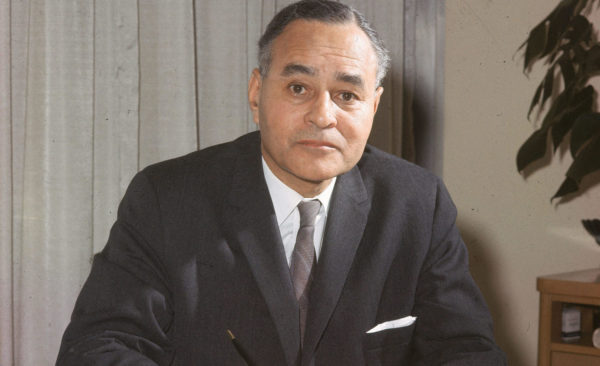
Similarly, it seems the opportunities of the Nobel Peace Prize should hopefully go to those without the backing of an organization, or those who have already led a country in some form. The Nobel Peace Prize should hopefully be able to give support to those working for a better world who have done so much, yet are still unknown.
While there are many examples of the Nobel Peace Prize not providing the publicity it claims to, that doesn’t mean it’s worthless. We can hope for the best and that the legacy of the years it has been around adds up to the future, creating a platform for those deserving awardees.
To look at the full list of Nobel Peace Prize Laureates, click here.




